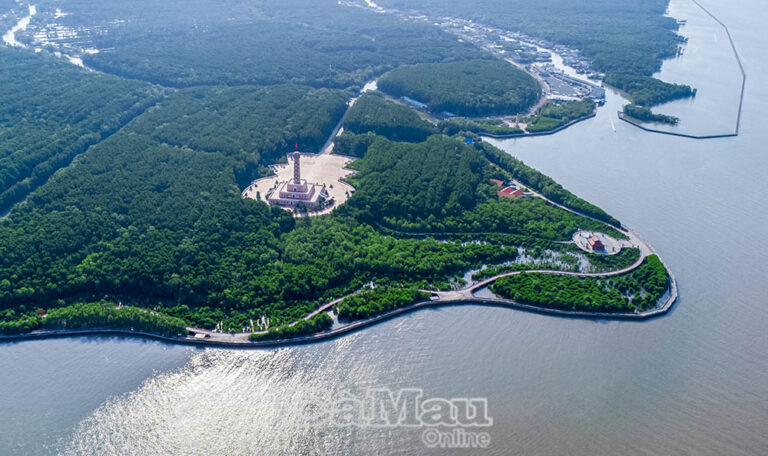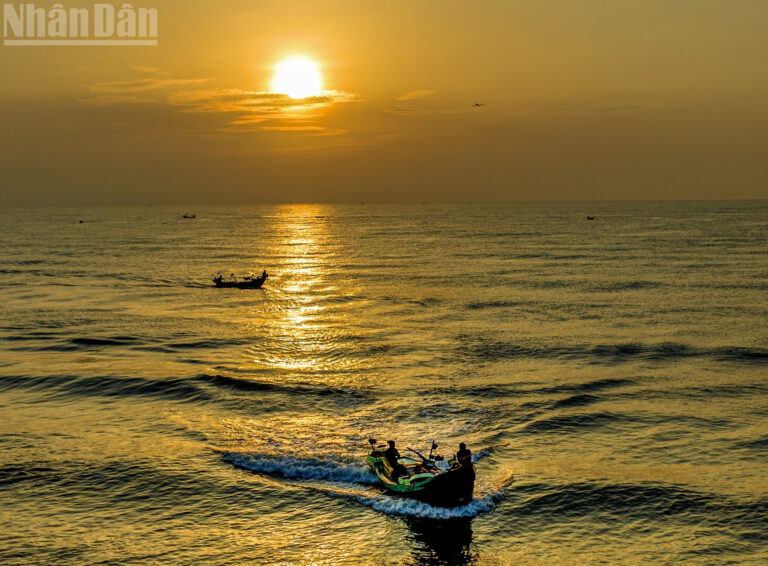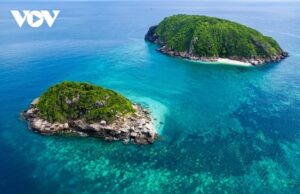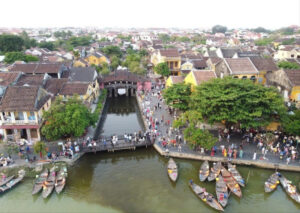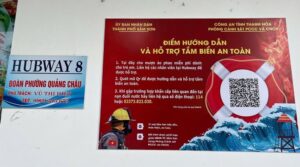Waste classification at home is essential to reducing plastic waste, according to an official from the Ministry of Natural Resources and Environment.
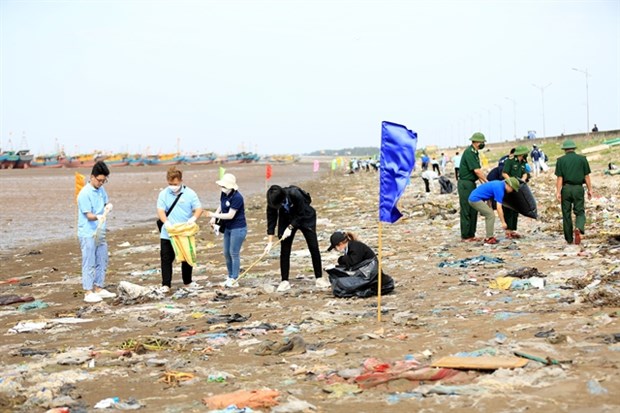
Members of Nam Dinh province’s youth union and officials from the Xuan Thuy National Park pick up trash on the beach in Giao Hai commune, Giao Thuy district. (Photo: VNA)
The statement was made by Dr Nguyen My Hang, Deputy Director of the Department of Science, Technology and International Cooperation at the Vietnam Administration of Seas, at a conference held in Hanoi on June 8.
The meeting was organised by the US Embassy in Vietnam to discuss efforts and measures to reduce ocean plastic waste, marking World Ocean Day (June 8).
Answering audience inquiries, Hang said classifying waste at the sources was one of the much-needed behaviours to reduce plastic waste, which will help manage plastic waste in the ocean.
“The Law on Environmental Protection 2020 has a specific provision for waste classification. If someone does not classify waste, they will have to pay taxes and fines. The environmental ministry is writing more detailed instructions under this law to actualise and monitor waste classification,” she said.
However, classification methods need to be thought out carefully, and people should be given detailed instructions on how to do it, she added.
“There are many criteria to classify waste that can be applied to families, factories, production houses, and enterprises that import waste. Some said waste classification responsibility should be delegated to the groups in the plastic management chain," she said.
“For example, I have my trash in our family, and my children have theirs. But we live on different floors, so how can we classify them? Does it mean I need to have three bins on my floor, and my children have three on theirs?
“That’s an example to illustrate that waste classification in each family is undoubtedly needed and a must-do. But with it comes several other requirements. So the environmental ministry will give out detailed instructions in the future.
A “Sea Week” campaign will be launched on June 11 in the south-central province of Phu Yen to mark World Ocean Day, and various activities will also be held to raise environmental awareness, Hang added.
Projects that were implemented in Vietnam to manage plastic ocean waste were presented at the conference by representatives from the National Plastic Action Partnership (NPAP) and the United States Agency for International Development (USAID).
One of the key challenges to reducing ocean plastic waste pollution identified by the speakers was the unsmooth process of managing solid waste.
Nguyen Duc Duong, an advisor for Energy, Environment and Climate Change at USAID, said: “Plastic waste is part of the solid waste management process, and we shouldn’t separate them.
“The major problems we’ve encountered are in the stages of collecting, transferring, and treating solid waste. And these challenges lead to a rise in plastic waste pollution, which is one of the consequences of bigger problems in the system.”
International research shows that more than 80 percent of waste found in the world’s oceans is plastic.
A research project done by the International Union for Conservation of Nature and Vietnamese authorities shows that plastic waste made up more than 90 percent of the trash collected in conversation areas in Vietnam./.


